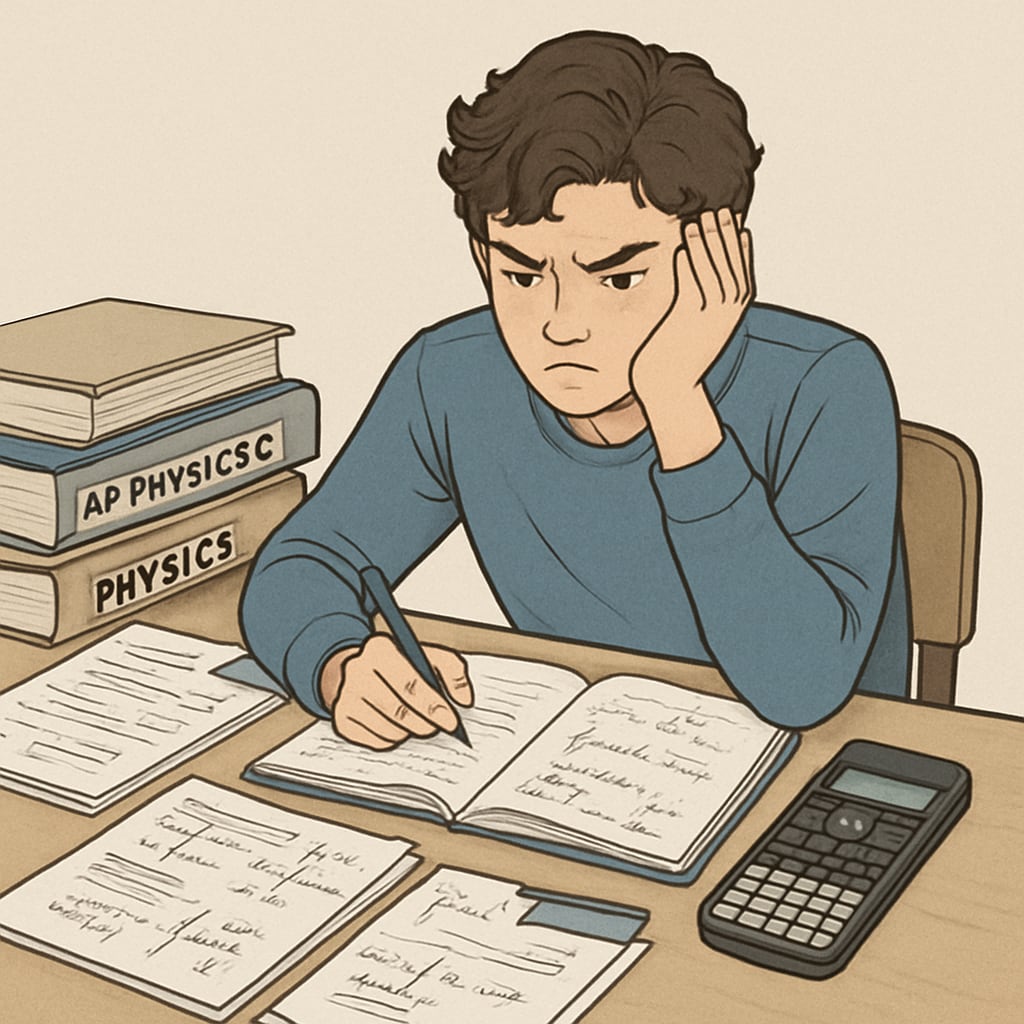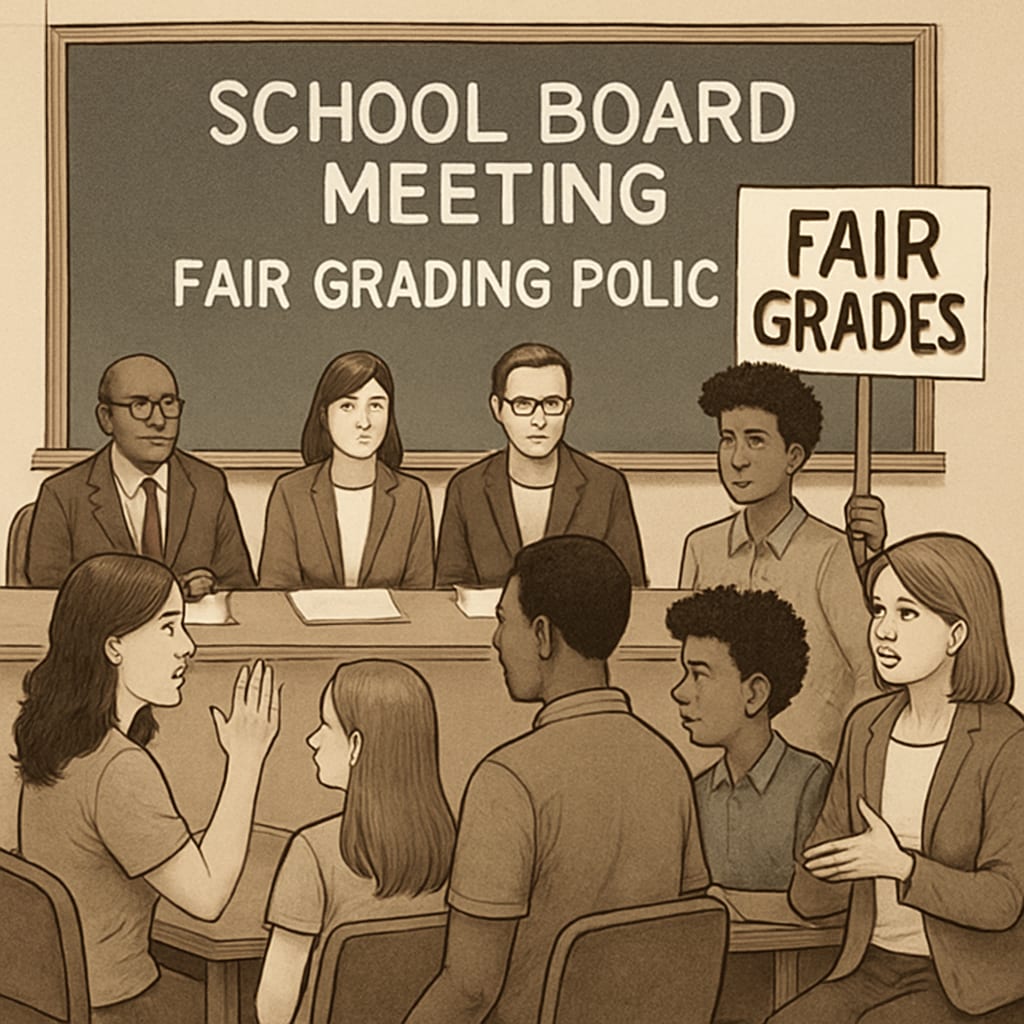The Advanced Placement (AP) Physics C course is widely regarded as one of the most challenging high school classes. However, for one student, the challenge went beyond mastering the curriculum. They faced another unexpected hurdle: an unfair grade caused by teacher error. This story sheds light on the intricate process of grade appeals, systemic flaws in accountability, and the delicate balance between respecting teacher authority and protecting student rights.
Understanding the Issue: Teacher Error and Its Consequences
AP Physics C is known for its rigor, requiring students to master complex concepts in mechanics and electricity and magnetism. For one student, however, their experience was marred by a critical teacher mistake. During the grading process, the teacher reportedly miscalculated scores and assigned an unrepresentative grade. Despite the student’s strong performance on assignments and exams, the final grade reflected poorly on their academic record.
When the student confronted the teacher, they were met with resistance. The teacher, citing their professional authority, dismissed the concerns. This left the student with little choice but to initiate a formal grade appeal. Such situations are rare but highlight significant gaps in the mechanisms meant to ensure fairness in education.

The Appeal Process: An Uphill Battle
Appealing a grade in the K-12 education system is often a daunting process. The student began by submitting a formal appeal to the school administration, outlining the grading discrepancies and providing evidence of their academic performance. However, the initial response was disheartening. The administration sided with the teacher, emphasizing the importance of trusting educators’ professional judgment.
Undeterred, the student escalated the appeal to the district level. They hoped that a broader review of the evidence would lead to a fair resolution. Unfortunately, the district upheld the school’s decision, citing insufficient evidence to override the teacher’s grading. This repeated dismissal not only prolonged the process but also left the student feeling powerless within a system designed to prioritize authority over accountability.

Systemic Flaws in K-12 Accountability
This case highlights a critical flaw in the K-12 education system: the lack of robust accountability mechanisms for teachers. While educators play a vital role in shaping students’ futures, they are not infallible. Mistakes happen, and when they do, there must be a transparent process to address them. Unfortunately, this is often not the case, as demonstrated by this student’s experience.
For example, the appeals process heavily favors teachers, leaving students with limited recourse. Additionally, the burden of proof often falls disproportionately on the students, who may lack the resources to effectively challenge a teacher’s decision. These systemic issues perpetuate a culture where students’ voices are marginalized, and their rights are inadequately protected.
Striking a Balance: Teacher Authority vs. Student Rights
The challenge lies in finding a balance between respecting teacher authority and safeguarding student rights. Teachers must retain the ability to make professional judgments without fear of constant scrutiny. However, this authority should not come at the expense of fairness and accountability.
To achieve this balance, schools and districts can implement several measures:
- Transparent Policies: Establish clear guidelines for grade appeals that protect both students and teachers.
- Independent Review Boards: Create neutral panels to review disputed grades, ensuring unbiased decisions.
- Teacher Training: Provide ongoing professional development to minimize errors in grading and assessment.
- Student Advocacy: Empower students with resources and support to navigate the appeals process effectively.
By adopting these measures, the education system can foster an environment where both teachers and students feel supported and valued.
Conclusion: Lessons Learned from One Student’s Journey
The story of this high schooler’s struggle to appeal their AP Physics C grade is a stark reminder of the challenges students face in advocating for their rights. It underscores the need for systemic reforms to ensure fairness and accountability in education.
While this student ultimately did not achieve the outcome they hoped for, their journey serves as a call to action for educators, administrators, and policymakers. By addressing the flaws in the current system, we can create a more equitable educational environment where every student has the opportunity to succeed.
As we reflect on this case, let us remember that education is not just about imparting knowledge. It is also about fostering integrity, fairness, and mutual respect between teachers and students. Only by upholding these values can we truly prepare the next generation for success.


